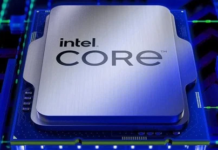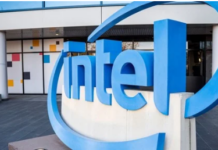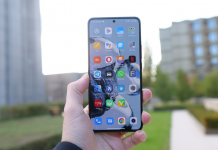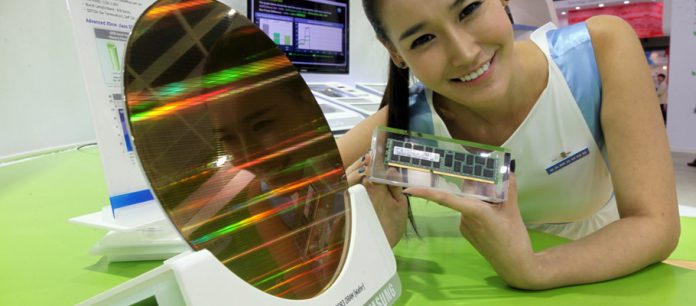Samsung was the first manufacturer to release an Exynos 7420 processor, based on FinFET technology. Now the firm is competing with TSMC (which put some of its chips into these iPhones), to produce 14nm chips via the semiconductor process.
Samsung recently started production of chips based on the second generation of the FinFET process in 14nm, also known as the “Low Power Plus”, which is claimed to be 15% more economical compared to the first generation of 14nm processors. Future Exynos 8890 and Snapdragon 820 chips will be produced using this LPP process.
Samsung recently announced that it would be the exclusive manufacturer of the S820 to the surprise of all observers, who expected to see the country’s firm’s quiet morning firm focus these efforts on its Exynos.
Bae Young-Chang, vice president of strategy for the Korean firm’s circuit board marketing team, says they “are developing a diversion process that will follow the second generation of chips engraved in 14nm to be a leader in the mobile processors and cast-iron markets for these chips.”
We can expect a lot of these chipsets, especially in terms of autonomy and decreased consumption. What to hope to see our chargers away from our smartphones for a few days at least, if at all, if they are of good quality.
According to a representative at the processor development plant, Samsung and TSMC will jointly develop these 14- and 16-nm engraved chips, using this bypass process, and focus on the safety of their chips with consumers before starting to develop chips engraved even more finely in 10 nm. Even if they could develop these famous chipsets, there would still be many companies without this type of plants that would still use the 14 and 16 nm chips. So they have a future.
These future chips therefore promise a lot for us users on a daily basis. What do you think of you on the subject? Marketing coup or real breakthrough?
































